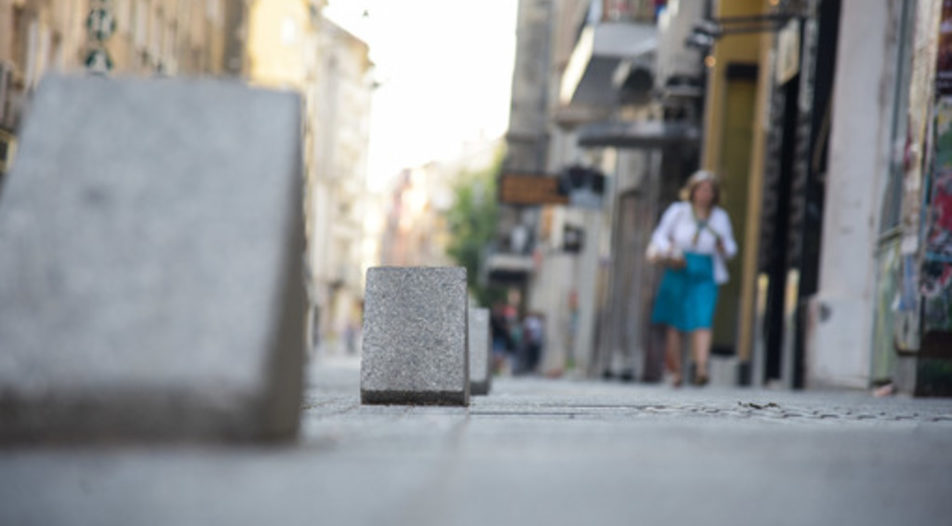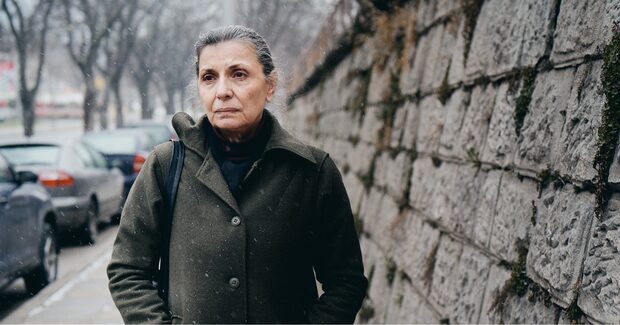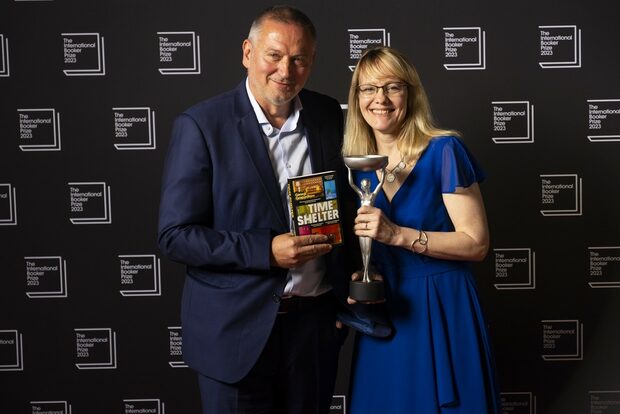Cherno Toto
(Not) fixing football matchesIn Bulgaria, football bosses have to be brought together by the prime minister to pledge not to fix games
Bulgarian club football rarely impresses with its quality or achievements on the pitch, but often surprises off it with scandals involving fixed games, corruption and nepotism, as well as various other absurdities. The most recent took place when three businessmen and bosses of the largest football clubs in the country - CSKA-Sofia owner Grisha Ganchev, Georgi Domuschiev who owns Ludogorets, and Vassil Bozhkov, who is connected to (but not officially owning) Levski-Sofia - were invited by Prime Minister Boyko Borissov to his office to pledge not to fix matches.
"We agreed, hopefully for the last time, to have fair play. We agreed that there should be no match rigging, no referee buying, no undermining of the teams. We want to have fully fair play so that the best can win," Mr Ganchev was quoted saying by bTV after the end of the meeting at the beginning of July. The meeting was also attended by Prosecutor-General Sotir Tsatsarov, Interior Minister Mladen Marinov and Bulgarian Football Union President Borislav Mihaylov.
Let's repeat that in case there was a misunderstanding: the prime minister has invited the bosses of the big football clubs to his own office, in the presence of the Prosecutor General, to make them promise to refrain from corrupt practices.
Several questions arise - firstly, why is such a meeting even necessary? One might think that it is because matches have indeed been fixed in the past. Which leads to the second question - what was the Prosecutor General doing there and, more importantly - if there are allegations of corruption, why have not they been investigated already?
It is a public secret that the "cherno toto" (standing for "betting on fixed matches"), as the game rigging is known in Bulgaria, has been a common practice in the country's football and betting. Just as it is known that businessmen are "assigned" to take care of football teams and their hooligan squads in exchange for political favours.
Such blatant displays of cozy relations between big businessmen and the authorities produce little surprise or outrage. Instead, some social media jokers wrote that it was a meeting of the real Council of Ministers meeting taking place. Asked why such a meeting was possible in the first place, Mr Mihaylov said: "Mr Borissov is taking care of the whole country."
Perki
Shark fins on "Grafa"One of the many controversial architectural 'upgrades' Graf Ignatiev Street in Sofia has triggered uproar - and injuries
A particularly heated debate about 12 million euro worth of botched repair works in central Sofia surrounded the fitting of 600 triangular dividers on Graf Ignatiev Street (colloquially known as "Grafa") supposed to separate the pedestrian pavement from the tramlines. Almost immediately, the stones in question were compared to shark fins ("perki na akula" in Bulgarian) and mocked with industrious collages on the internet, where sharks were digitally added underneath them.
Online ridicule of the municipal council's rash work might have been the end of it were it not for a widely publicised series (released on social and mass media) of incidents involving pedestrians. At least three people were injured on the 'shark fins' in a year, while there had been no recorded incidents involving trams or pedestrians on the busy Sofia street in preceding years. Sofia mayor Yordanka Fandakova had promised to replace the dividers with bollard-style limiters by 18 July, but this did not happen on time to prevent a 20 August incident involving the wife of Mr Alexander Rogachev.
On that day, she injured her jaw after stumbling on one of the 'fins'. An angry and exasperated Mr Rogachev took the law in his own hands, after taking care of his wife. He got a crowbar and removed three of the 'fins', including the one responsible for his better half's plight. He then proceeded to put them on the tramlines, which led to his detention by police for 24 hours. Although he later described his act as a demonstration of his civic duty, he added he would take responsibility for his actions. Most importantly, Mr Rogachev spurred the municipality to dismantle the 'fins' just a few hours after his release - something which marks both a great success for Bulgarian civic activism and the end of an era.
Betonomorie
A seaside of concreteBulgarians yet again protest against uncontrolled real estate construction on the Black Sea coast - to no avail
The environment is one of the few issues that can rouse Bulgarians out of their stupor and sometimes bring hundreds, even thousands to the streets. The 2018 winter protests against changes to the management plan of Pirin National Park, a UNESCO protected site, were the latest proof - before the Betonomorie (loosely translated as "a seaside of concrete") protests in summer 2019.
Formally, the protests were designed to impel President Rumen Radev to impose a veto on a series of controversial revisions to the Black Sea Coast Development Act, which would have made it easier for private developers to construct buildings in protected areas, while simultaneously increasing penalties for wild camping.
Mr Radev did impose a veto, only to see it overturned by parliament quickly afterwards like all of his previous vetoes. Although protesters put central Sofia on a lockdown for a few evenings, they failed to attract great public attention to their cause due to the summer lull in the capital.
As if to prove protesters right, the Defence Ministry launched the sale of several plots of land it owns consisting of protected dunes near the Gradina camping site just a month after the protests. Needless to say, the land will probably house the next giant hotel at a perfect location next to a beach previously known as a hippy paradise - if the development gets completed, unlike many other unfinished buildings nearby that make the surrounding vista unattractive.
A comparison of the Google Earth imagery of Bulgarian seaside holiday sites from 10-15 years ago and now shows how lack of regulation and planning have caused uncontrolled growth of real estate developments all over the Black Sea coast, with only a handful of pristine beaches remaining intact. Until the next push by politically well-connected developers.












